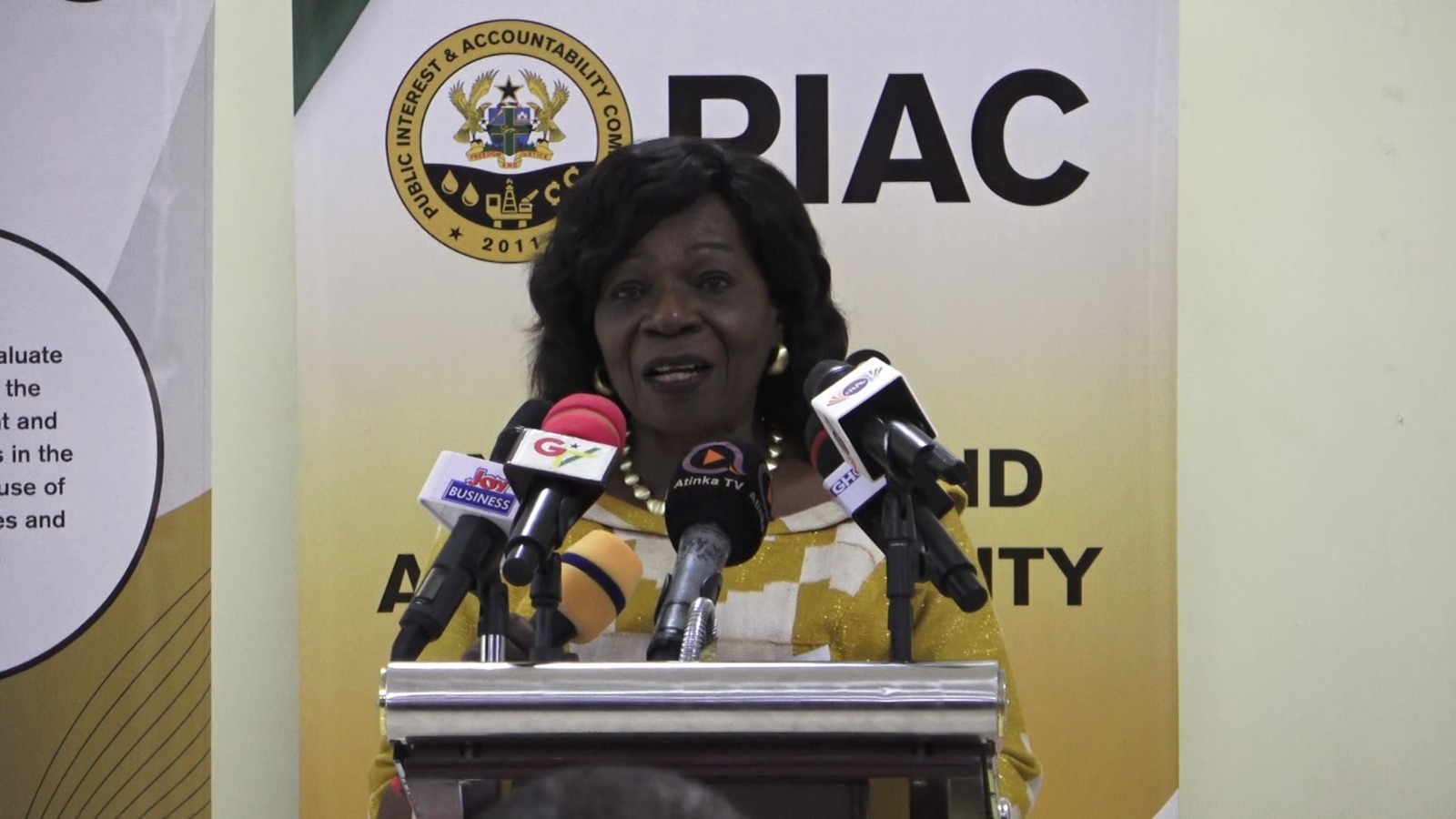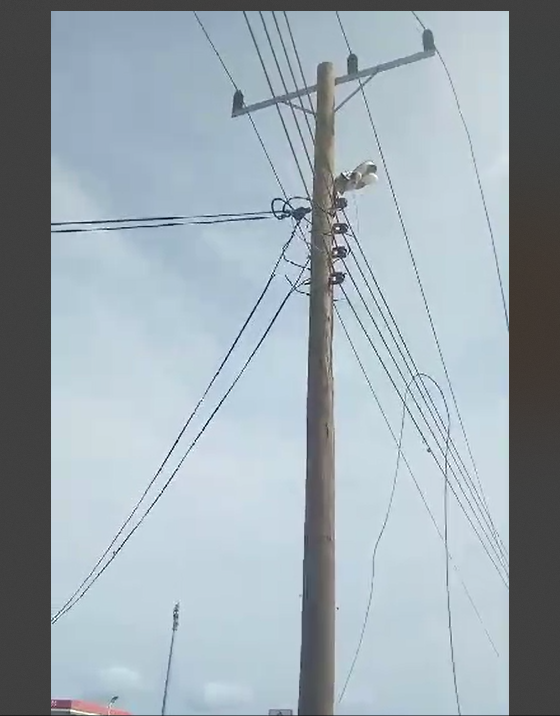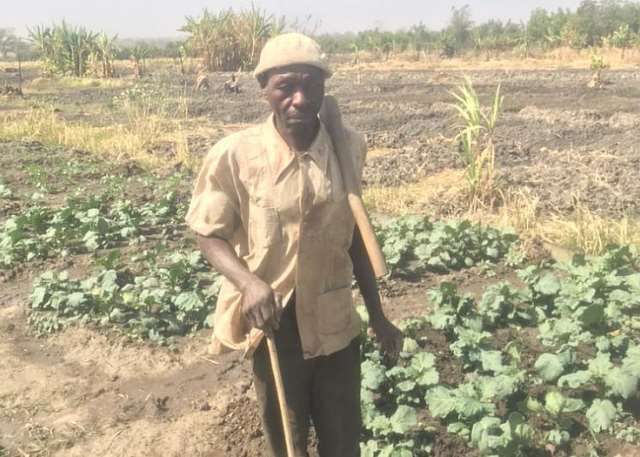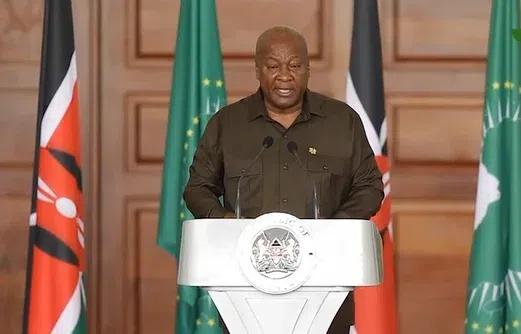
By Joshua Worlasi AMLANU & Ebenezer Chike Adjei NJOKU
An increase in initial public offerings (IPOs) and a resulting uptick in market activity would provide pension funds with viable investment opportunities amid record asset growth.
With domestic pension assets under management (AUM) projected to reach GH¢100billion by the close of 2025, fund managers are under growing pressure to diversify beyond government securities.
While there has been an IPO drought in recent years, with the only market activity being listings by introduction.
A Listing by Introduction allows a company already listed on one exchange to trade on another without issuing new shares. It meets the new exchange’s requirements, ensures cross-border settlement and expands its investor base while remaining linked to the primary market. This is contrasted with an IPO, which is considered an entirely new listing.
In a wide-ranging interview with B&FT, Abena Amoah, Managing Director-Ghana Stock Exchange (GSE), hinted at new IPOs this year, a development that if realised would offer respite to the pension funds.
“The money is there. We need more IPOs, more equity raises and more companies using the fixed-income market to create opportunities for long-term investment,” she said.
For the past seven years Ghana’s main stock market has not recorded a single IPO – the longest drought since its inception in 1991.
The last major offering was by MTN Ghana in 2018, which raised US$238.5million but fell short of its target. The prolonged absence of listings has limited the ability of pension funds to reallocate capital to equities, forcing continued reliance on government securities and fixed-income instruments.
A market in need of activity
The National Pensions Regulatory Authority (NPRA) has sought to reduce exposure to government debt, which previously accounted for up to 75 percent of pension assets.
Revised guidelines now allow pension funds to allocate up to 25 percent of their portfolios to alternative investments including equities and private debt. However, fund managers have struggled to find viable private sector opportunities.
Amoah has stressed that Ghanaian businesses must take a more proactive approach to capital markets if pension funds are to diversify effectively.
“We must bring more private sector companies to market,” she said. Citing the 2022 listing of Asante Gold, she noted that companies with strong governance structures and clear growth strategies remain attractive to institutional investors.
Despite regulatory efforts, market participation has remained weak. Over the past decade, only four companies – Mega African Capital Limited, Agricultural Development Bank (ADB), MTN Ghana and Asante Gold – have listed on the main bourse. On the Ghana Alternative Market (GAX), a platform designed for smaller enterprises, only six firms have listed – with limited trading activity.
“The challenge is not a lack of capital. It is the absence of well-governed, transparent businesses coming to the market,” Ms. Amoah said.
State-Owned Enterprises
Initiatives to list state-owned enterprises (SOEs) have also stalled. In September 2022, the-then Public Enterprises Minister Joseph Cudjoe announced that three SOEs – Ghana Reinsurance Company, Tema Development Corporation and GIHOC Distilleries – were set to go public. More than two years later, none of these firms have been listed.
“We have settled on three to start with,” Mr. Cudjoe said at the time.
“They will get to raise capital and expand while making the market more exciting,” he continued. However, delays and shifting timelines have dampened investor expectations.
Market analysts believe listing viable SOEs could help rejuvenate the exchange and provide pension funds with new investment options.
And the GSE MD confirmed that engagements continue – to ensure that the goal of listing viable SOEs comes to fruition.
Risks, returns
Pension funds remain wary of direct investments in private companies, preferring fixed-income instruments due to their lower risk. However, the recent Domestic Debt Exchange Programme (DDEP), which affected GH¢31billion in pension holdings, has raised concerns over continued reliance on government securities.
“If companies can show that cheaper capital would turn their business around and they are committed to governance standards, then pension funds will invest,” Ms. Amoah stated.
The GSE is working with institutions such as the Association of Ghana Industries (AGI) and Stanford Seed to prepare more businesses for market participation. Financial advisors and investment banks are also expected to play a greater role in structuring deals that meet institutional investor requirements.
“We expect a few more companies to come to market this year, either to refinance expensive debt or fund new projects,” Ms. Amoah noted.
The post GSE eyes new IPOs in 2025, as pension funds seek options for idle cash appeared first on The Business & Financial Times.
Read Full Story










![[Video] Heartbroken husband of nurse who burnt to death inconsolable at funeral](https://sportal365images.com/process/smp-images-production/pulse.com.gh/16022025/16d8d3d4-b4c7-49b0-8b05-9608091145c1.jpg)














Facebook
Twitter
Pinterest
Instagram
Google+
YouTube
LinkedIn
RSS